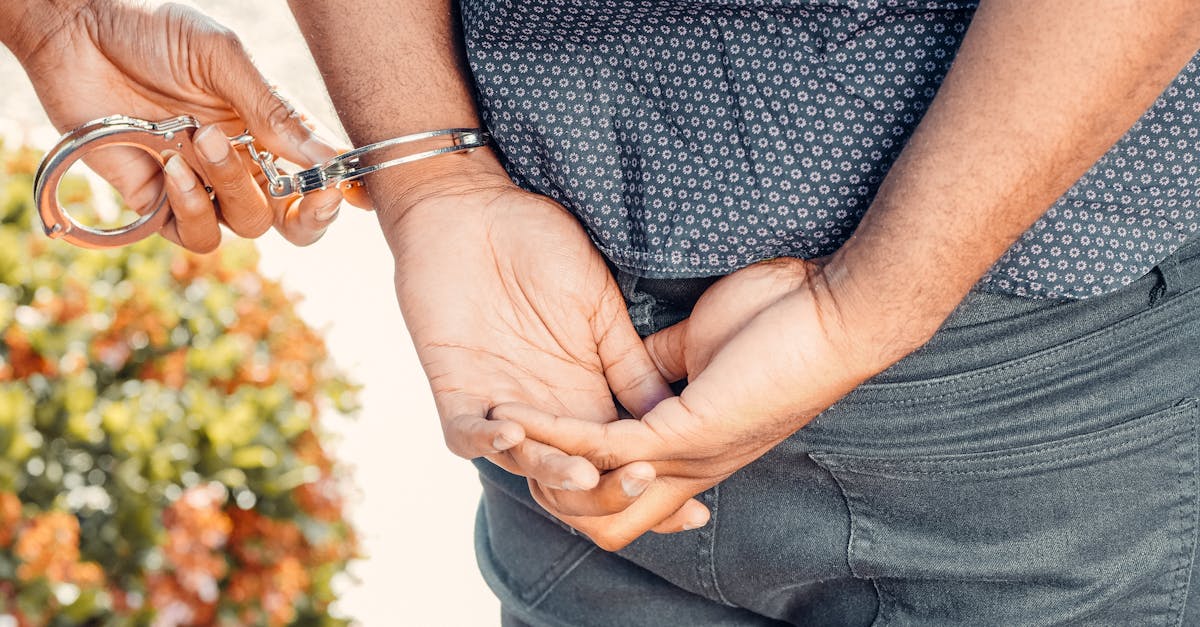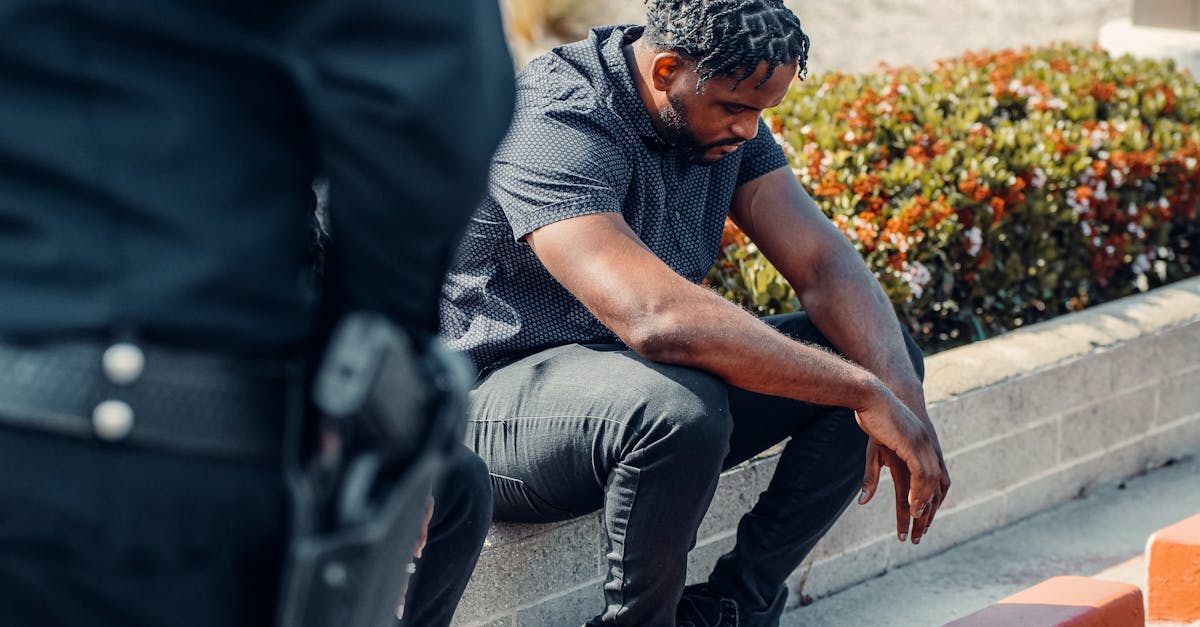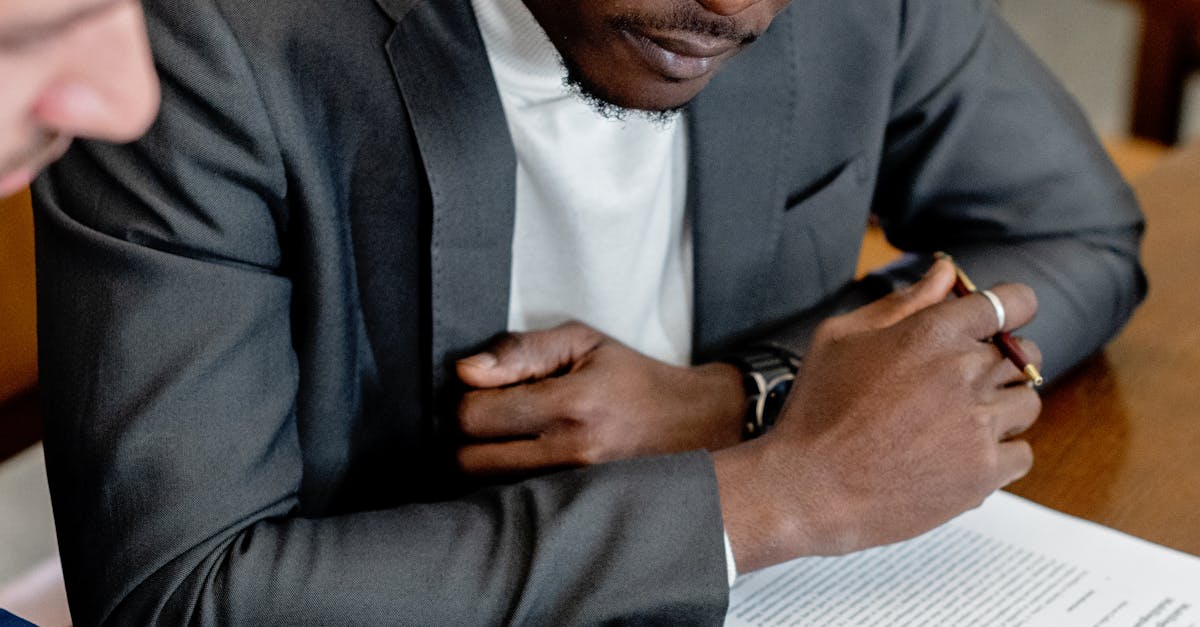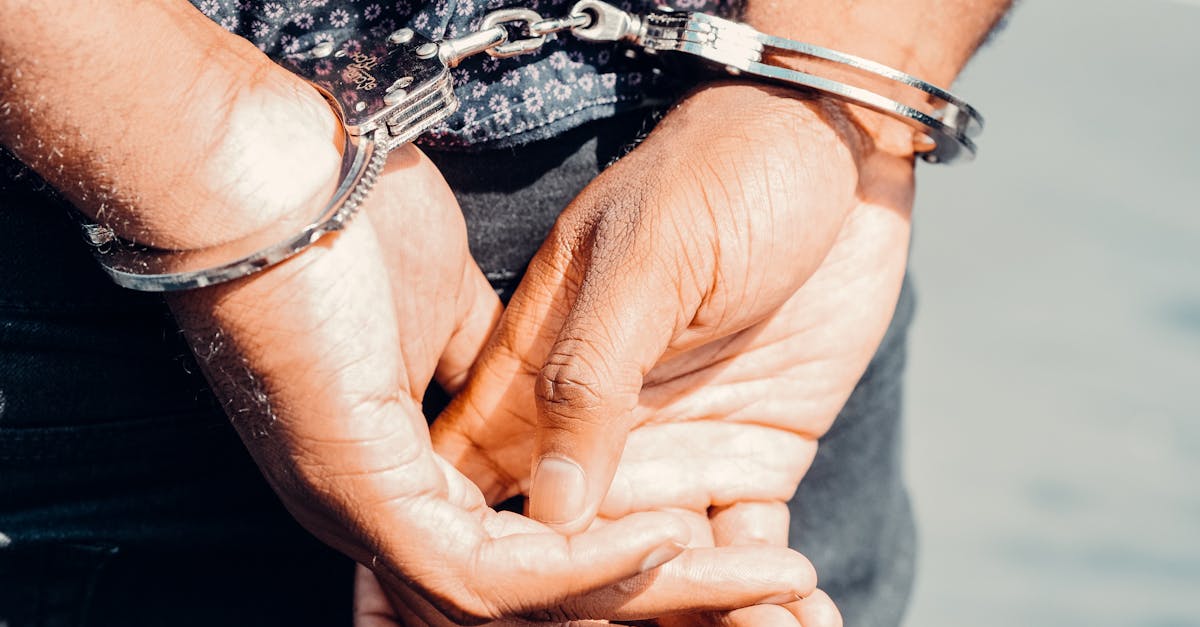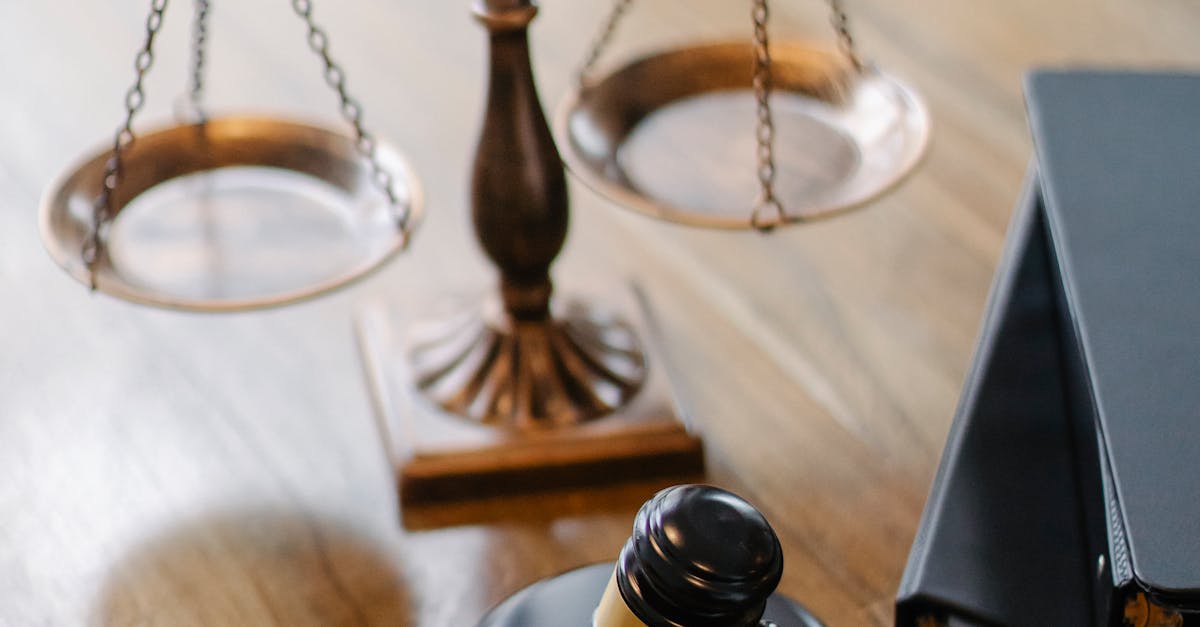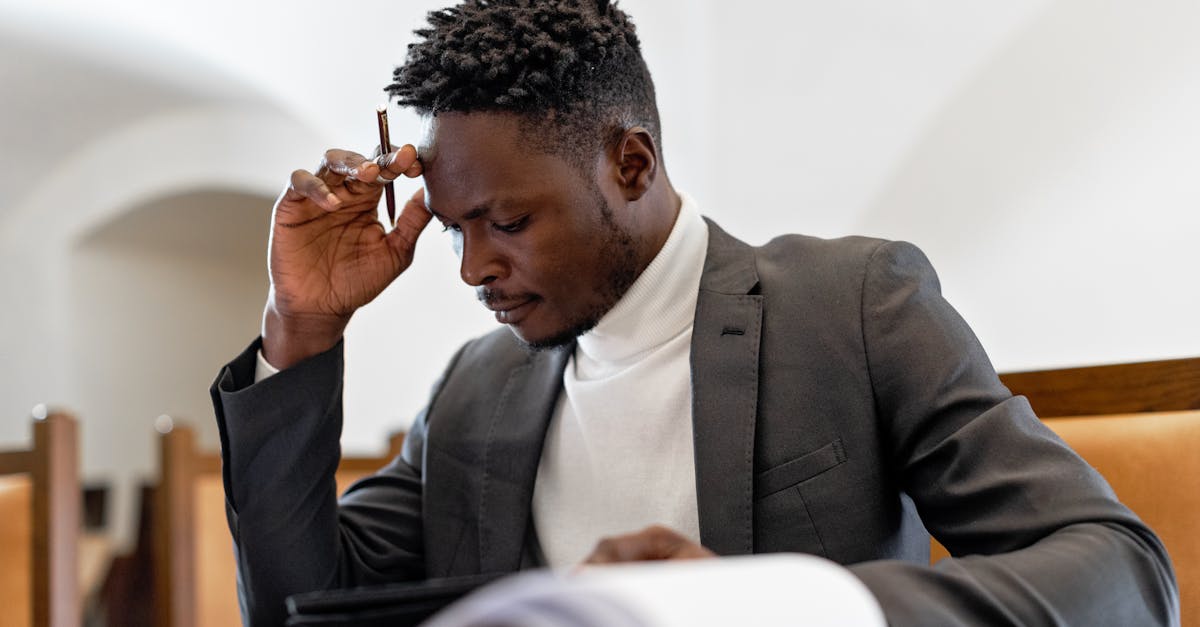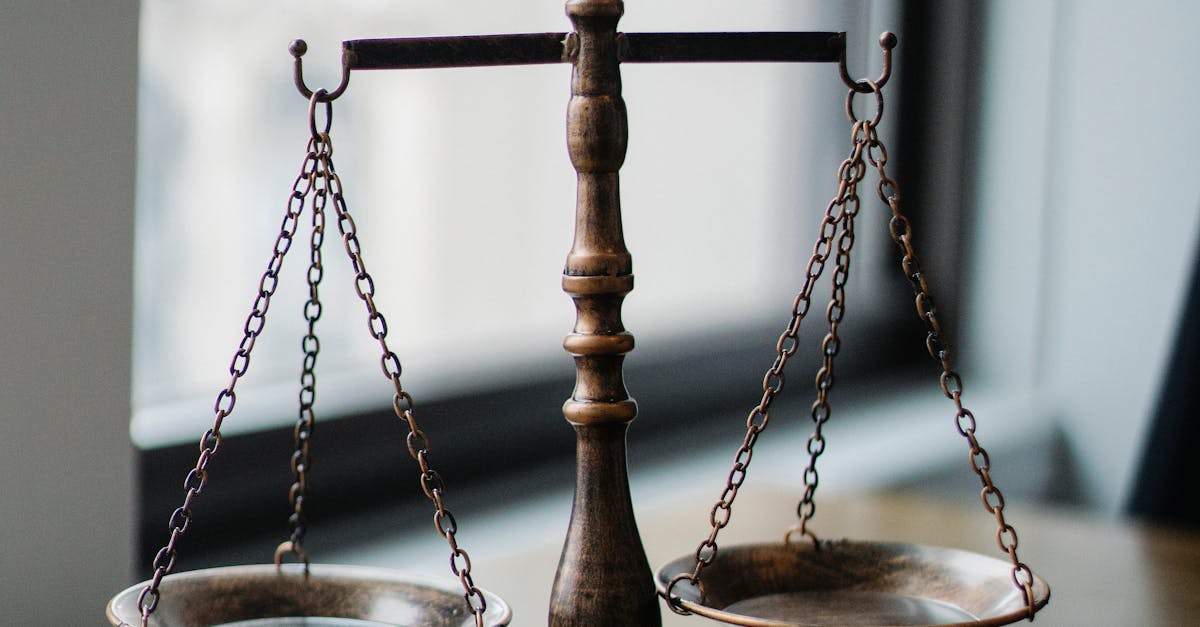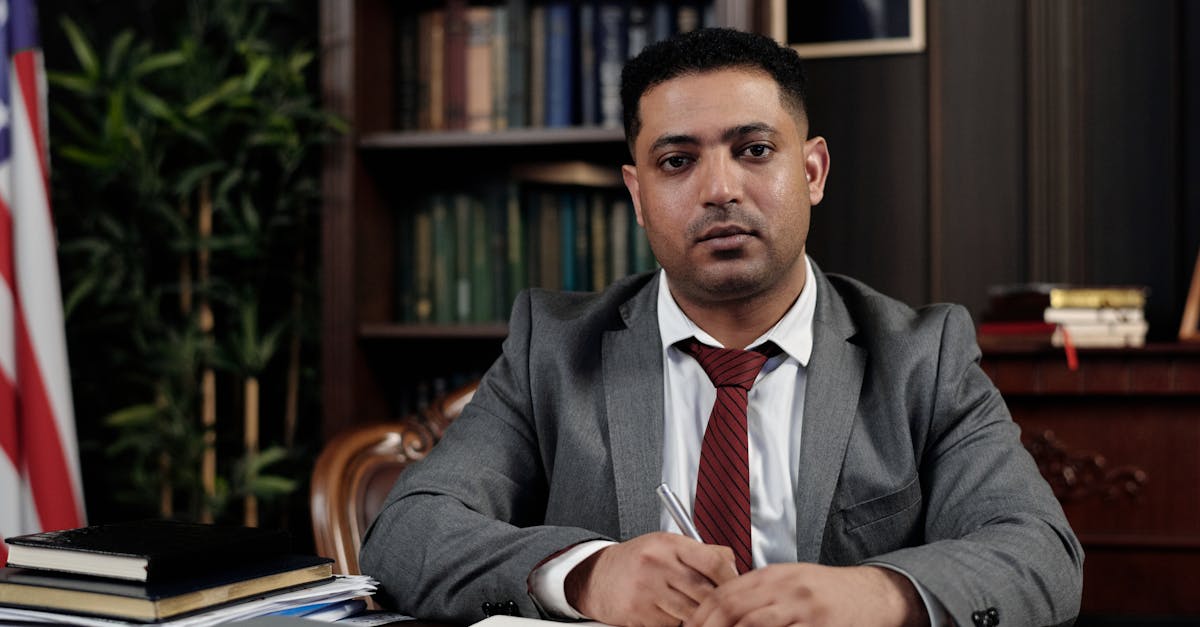
At Precision Legal Advisors, our team of skilled lawyers specializes in advising on criminal law matters. We provide expert legal guidance and support to individuals facing criminal charges, helping them navigate the complexities of the legal system with confidence. Our experienced attorneys offer personalized advice tailored to each client's unique situation, working diligently to achieve the best possible outcome for their case. Whether you are facing charges for misdemeanors or felonies, we are here to provide top-notch legal representation and strategic counsel every step of the way. Trust Precision Legal Advisors to protect your rights and vigorously defend your interests in criminal proceedings.
Protecting Constitutional Rights
Protecting constitutional rights in criminal law matters is a fundamental aspect of ensuring a fair and just legal process for all individuals involved. When facing criminal charges, it is crucial for defendants to be aware of their rights, including the right to remain silent and the right to legal representation. Criminal defense attorneys play a vital role in safeguarding these constitutional rights by advising their clients on how to navigate the complexities of the legal system while upholding their individual freedoms.
In the context of criminal cases, protecting constitutional rights extends to various aspects of the legal process, such as the right to a fair trial by an impartial jury and the right to confront witnesses. Defense attorneys work diligently to uphold these rights by challenging evidence presented by the prosecution, ensuring that proper legal procedures are followed, and advocating for their clients' interests throughout the proceedings. By upholding constitutional rights in criminal law matters, defense attorneys help to maintain the integrity of the legal system and uphold the principles of justice and due process.
Legal Procedures and Due Process
Legal procedures and due process are essential components of the criminal justice system. When an individual is accused of a crime, they are entitled to certain legal protections to ensure fairness throughout the legal process. These protections include the right to a fair trial, the presumption of innocence, and the right to be informed of the charges against them.
Moreover, due process ensures that the government follows specific rules and procedures when investigating and prosecuting a case. This includes obtaining warrants based on probable cause, respecting an individual's Miranda rights during interrogations, and adhering to the rules of evidence in court. By upholding legal procedures and due process, the criminal justice system aims to safeguard individuals' rights and ensure that justice is served fairly and impartially.
Explaining Legal Strategies
In navigating legal strategies for criminal law matters, it is crucial for defense lawyers to meticulously analyze the evidence presented by the prosecution to pinpoint any weaknesses that could be leveraged in the client's favor. By scrutinizing testimonies, documents, and any other relevant information, lawyers aim to build a strong defense that challenges the prosecution's narrative and casts doubt on the accusations brought against their clients. This process often involves crafting a strategic defense narrative that highlights inconsistencies in the prosecution's case and presents a compelling alternative perspective that supports the client's innocence or mitigates their culpability.
Furthermore, legal strategies in criminal law cases may involve exploring negotiation avenues with the prosecution to secure a favorable plea bargain for the client. By engaging in plea negotiations, defense lawyers seek to reach a mutually beneficial agreement that reduces the severity of charges or penalties in exchange for the client's cooperation or admission of guilt to lesser offenses. Effectively negotiating plea deals requires a comprehensive understanding of the legal landscape, as well as the ability to leverage factors such as mitigating circumstances, evidentiary issues, and the client's willingness to comply with the terms of the agreement.
Defense Tactics and Approaches
Defense tactics and approaches in criminal cases can vary depending on the nature of the charges and the specific circumstances of each case. One common tactic is to challenge the evidence presented by the prosecution, aiming to create doubt in the minds of the jury. This can involve cross-examining witnesses, presenting conflicting evidence, or highlighting inconsistencies in the prosecutor's case.
Another approach is to focus on establishing an alibi or proving lack of intent. In cases where the defendant claims they were elsewhere at the time of the alleged crime, providing solid evidence to support this claim can be crucial. Similarly, proving that the defendant did not have the necessary criminal intent required for conviction can be a key strategy in obtaining a favorable outcome. Defense attorneys may also explore plea bargaining as an option to reduce charges or penalties, depending on the circumstances of the case. It is essential for defense attorneys to carefully assess all available tactics and approaches to provide the best possible defense for their clients in criminal proceedings.
Seeking Guidance in Legal Matters
When faced with legal matters related to criminal law, seeking guidance from a professional becomes crucial. Criminal defense lawyers play a pivotal role in advising individuals on their rights, legal procedures, and available strategies. They can provide valuable insights into defense tactics and approaches that can be utilized to navigate the complexities of the legal system. From understanding constitutional rights such as the right to remain silent to explaining the implications of different offenses like battery or property crimes, a skilled attorney can offer personalized guidance tailored to the specific circumstances of each case.
In addition to legal advice, criminal defense lawyers can assist in navigating the various stages of a court case, from pre-trial to sentencing. They can provide guidance on interacting with law enforcement, handling court appearances, and addressing any potential consequences related to criminal acts. Whether facing charges related to DUI, fraud, sexual battery, or other criminal offenses, having a knowledgeable defense attorney by your side can make a significant difference in protecting your rights and achieving the best possible outcome in your case.
Role of Criminal Defense Lawyers
Role of Criminal Defense Lawyers
Criminal defense lawyers play a crucial role in the legal system by representing individuals charged with criminal offenses. These legal professionals work diligently to ensure that their clients' constitutional rights are protected and that they receive fair treatment under the law. From providing guidance on legal procedures and due process to developing defense strategies tailored to each case, criminal defense lawyers are instrumental in safeguarding the interests and freedoms of their clients.
In addition to explaining legal strategies and defense tactics, criminal defense lawyers advocate for their clients throughout various stages of the criminal justice process. They offer support from the initial arrest to pre-trial hearings, jury trials, and even potential appeals. By leveraging their expertise in criminal law and procedural rules, defense lawyers strive to secure the best possible outcome for their clients, whether it involves negotiating plea deals, challenging evidence in court, or vigorously defending against criminal charges.
FAQS
What are constitutional rights and how are they protected in criminal law matters?
Constitutional rights are the fundamental rights guaranteed to individuals by the U.S. Constitution, such as the right to remain silent, the right to a fair trial, and the right to legal representation. In criminal law matters, these rights are protected by ensuring that due process is followed and that individuals are treated fairly under the law.
What legal procedures are involved in criminal law cases and how does due process come into play?
Legal procedures in criminal law cases include arraignment, pre-trial motions, trial, and sentencing. Due process ensures that individuals are provided with notice of the charges against them, the opportunity to present a defense, and a fair and impartial trial by a judge or jury.
How do criminal defense lawyers explain legal strategies to their clients?
Criminal defense lawyers explain legal strategies to their clients by discussing the strengths and weaknesses of the case, potential outcomes, and the best course of action moving forward. They work closely with their clients to develop a defense strategy that aligns with the client's goals and the facts of the case.
What defense tactics and approaches are commonly used in criminal law cases?
Defense tactics and approaches in criminal law cases may include challenging the evidence presented by the prosecution, negotiating plea deals, presenting alibis or defenses, and cross-examining witnesses. The goal is to create reasonable doubt or secure a favorable outcome for the client.
How can individuals seek guidance in legal matters related to criminal law?
Individuals can seek guidance in legal matters related to criminal law by consulting with experienced criminal defense lawyers. These lawyers can provide legal advice, representation in court, and guidance on navigating the complexities of the criminal justice system. It is important to seek legal help as soon as possible when facing criminal charges.
